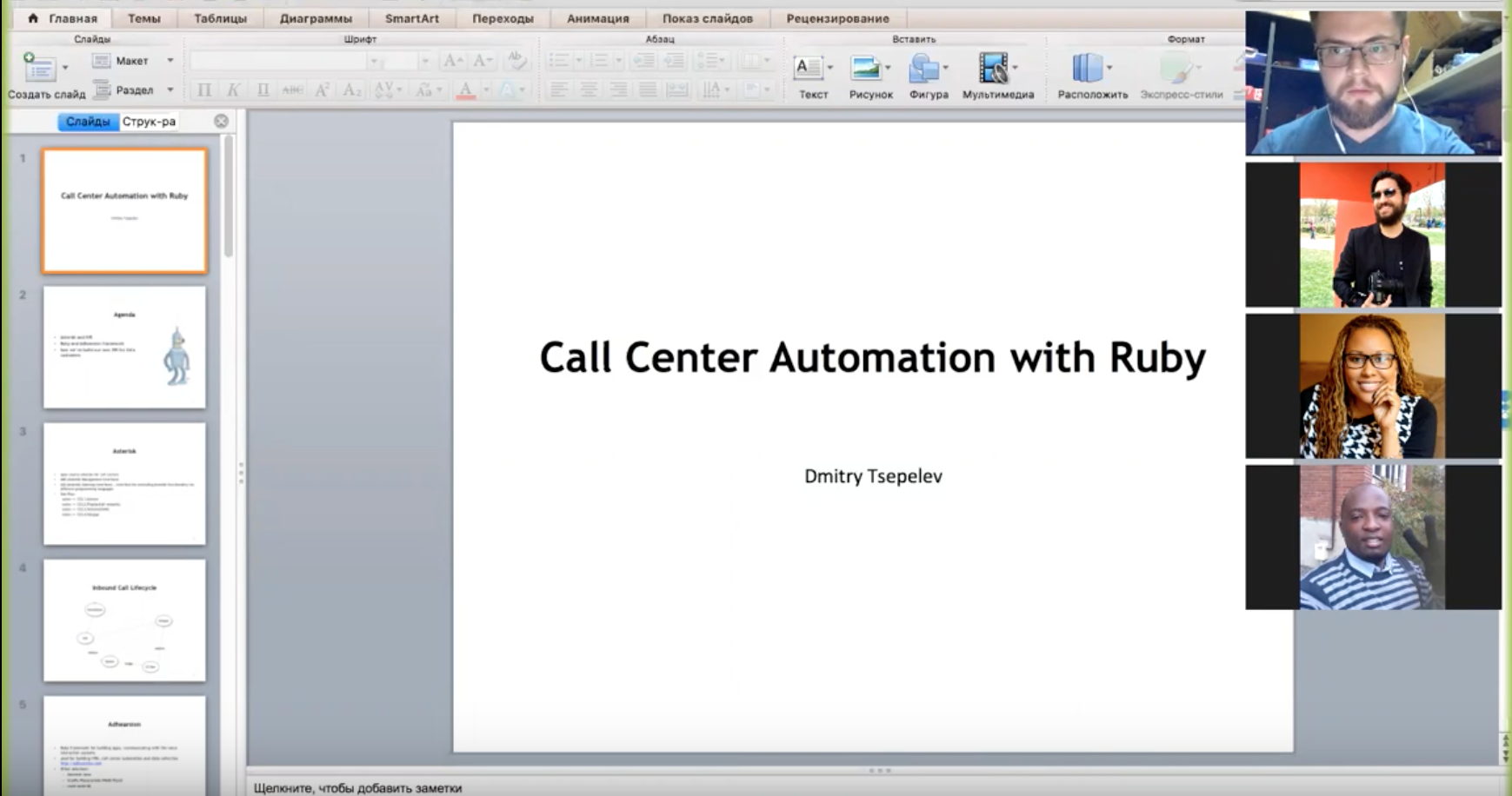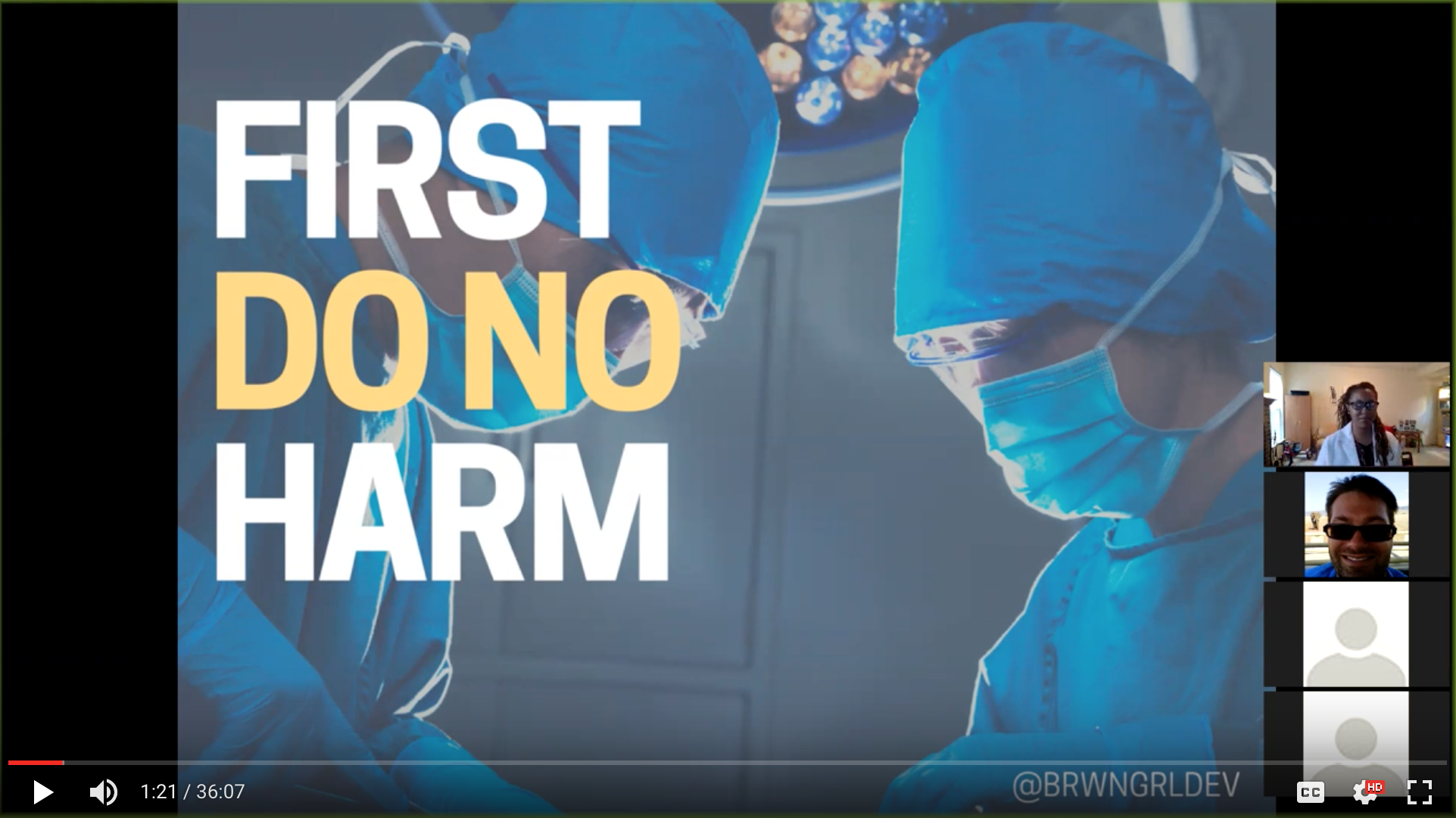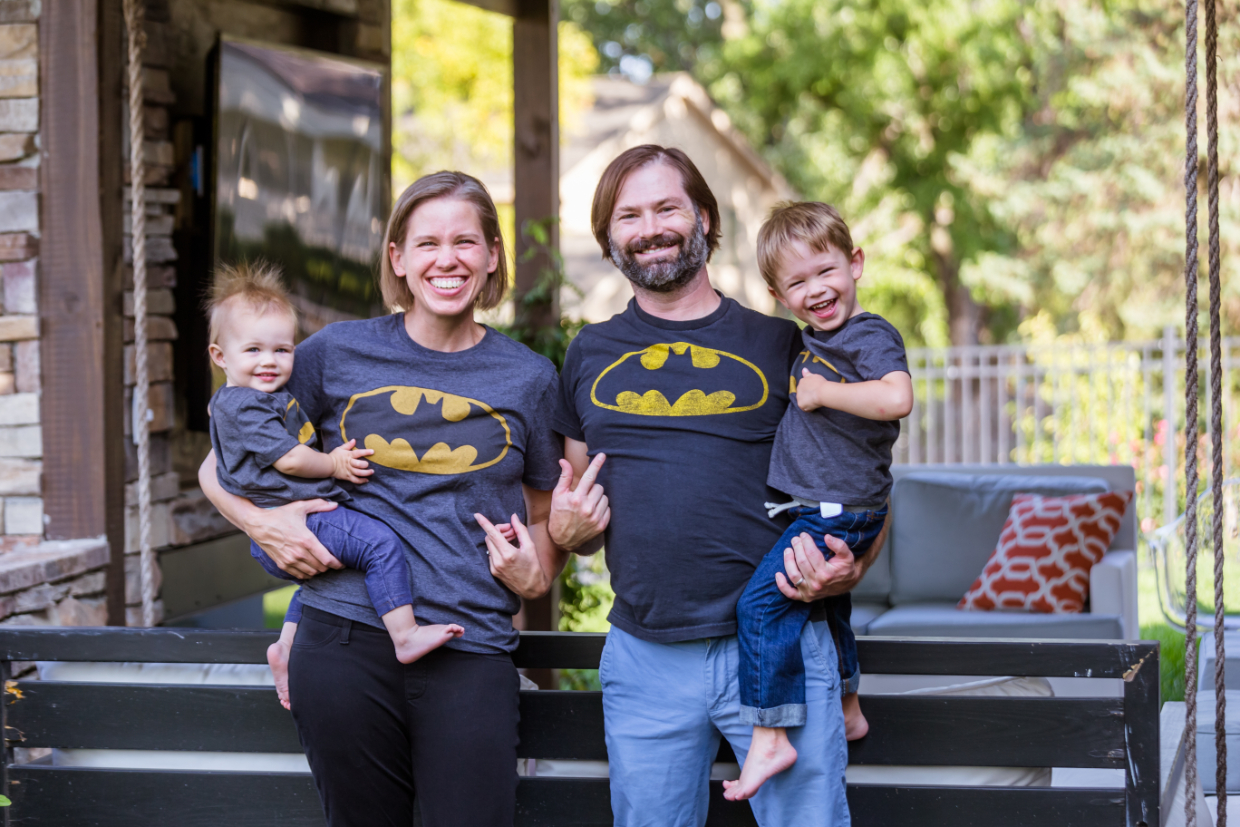Sharing Knowledge & Breaking Silos on Distributed Teams with Brown Bags

Over the last 2 years or so our team has built up a collection of about 80 internal talks -credit arcticpenguin
I have worked with distributed teams for years now. At Offgrid-Electric (OGE), our tech team is extremely distributed (across timezones, continents, and cultures). One thing that can always be a challenge is feeling like a part of the team. One thing that I have found useful both with team building, and to help with knowledge sharing through the team is brown bags. The term might take you back a bit, but the concept is easy enough. A less formal presentation, talk, or discussion generally with coffee, lunch, or a snack. Obviously, this can be done with co-located teams as well, but with a distributed team and a few best practices they can be very effective.
Brown Bags at OGE
We don’t have too many formal rules, but we try to keep things humming along and have found some good ideals along the way.
The most important is record your brown bags, this unlocks a number of great things. If people can’t all make it across timezones they can catch up later. You can catch up on talks you missed while on vacation. Most importantly, you are building an amazing onboarding resource over time. When folks start at OGE, I have a short standard list of brown bags I always recommend. Then I personalize other recommendations based on their interests and projects they will be getting involved with.

Diving Deep into our Call Center Automation with Dmitry Tsepelev
As you build up a team video collection keep both the video recordings and the slides somewhere accessible by the whole team. We have a shared google drive folder, and dump all the materials in there. It is getting to the point we might need categorized folders, or at least we should adopt a naming convention like 2017–06–15-data-changes.mp4 to help highlight what is dated over time.
Try to follow some scheduled cadence. Our loose schedule is to have a brown bag every two weeks. While we don’t achieve this all the time, if there are meeting heavy weeks or behind schedule projects, we generally catch up and get back into the flow.
To help keep the talks coming and inspire additional ideas create a brown bag signup board. We have talks people want to give as well as talks people want to hear that folks can try to get other people to give. We have a simple shared Asana board for this, but any task management tool would do.

An early version of Annyce Davis “First Do No Harm” talk given as a brown bag.
Another great thing to come out of our team brown bags over the years, has been helping people prep conference talks. If you work with new or experienced speakers encourage folks to practice their talks to the team and get some initial feedback. It is a great way to figure out what is working and what isn’t before giving a talk to a bigger group and to help calm your nerves.
Invite other folks, break the silos, and share cross-functional knowledge that might be a bit outside of everyone’s day to day. Originally our talks were generally just the software team. Then occasionally with the hardware or data teams. Now we generally, depending on the topics, invite a larger group involving IT, Data, Software, Project Managers, Hardware, and Stakeholders.
Make it fun, keep it loose, talks don’t have to be long, be formal slide presentations, or even be about technology. We have occasionally paired a few short lightening talks into a single brown bag. Folks have talked about travel or just given accounts of their experiences while visiting our consumer markets in Africa.
How do other team share knowledge and break silos?
While this has worked for us well, obviously there are always ways to improve. What other ways do team’s use to share knowledge? What ways could we improve our brownbags even more? We would love to hear how it goes if your team starts up internal brown bags, let us know.
Finally, to help get you started I can share some slides from one of our recent internal talks, information architecture change process.
